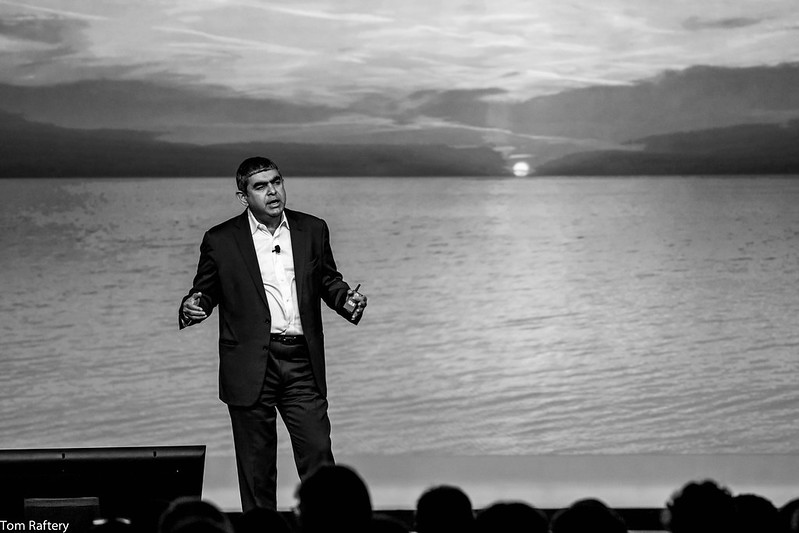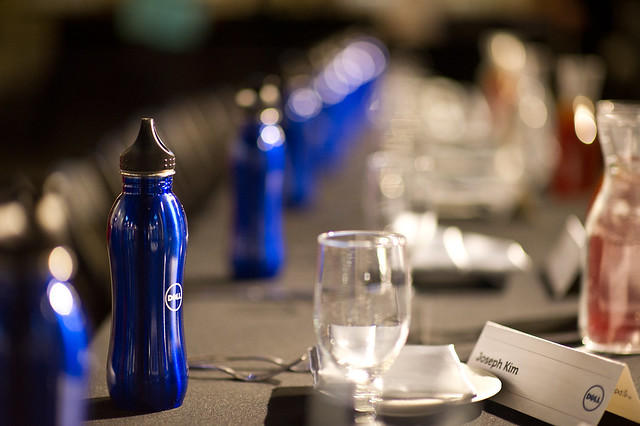Some of the more fascinating stories we looked at on the show, included a look into the latest developments in mobile payments, Microsoft making Office free on all mobile platforms, and Facebook launched it’s own Tor site.
Here is the full list of stories that we covered in this week’s show:
Climate
Energy
Hardware
- Nest introduces outdoor weather updates and other tweaks for its learning thermostat
- Nest’s new sales tack: Free thermostats
ePayments
- Thanks to Apple Pay, Google Wallet NFC use is growing fast. That’s a good thing
- Now Windows Phone has a digital wallet that works where Apple Pay does
Apps
- Bringing Office to everyone
- Microsoft Office and Dropbox join forces with new syncing and editing features
- Dropbox reveals it’s arriving for Windows Phone and Windows tablets ‘in the coming months’
- Google’s New Bookmarking Service, Previously Called Stars, Has Gone Live
- Google Maps: Your best accessory this season
Security
- Chrome extension encrypts your emails, tweets and status updates
- Apple Blocks Chinese iPhone Hacks
- Microsoft releases free Antimalware for Azure
- Why Facebook Just Launched Its Own ‘Dark Web’ Site
Wearables
- Basis Peak review: This is the band to buy if you obsess over heart-rate and sleep tracking
- The smartest rear-view mirror in the world
3d Printing
Transport
Sustainability



